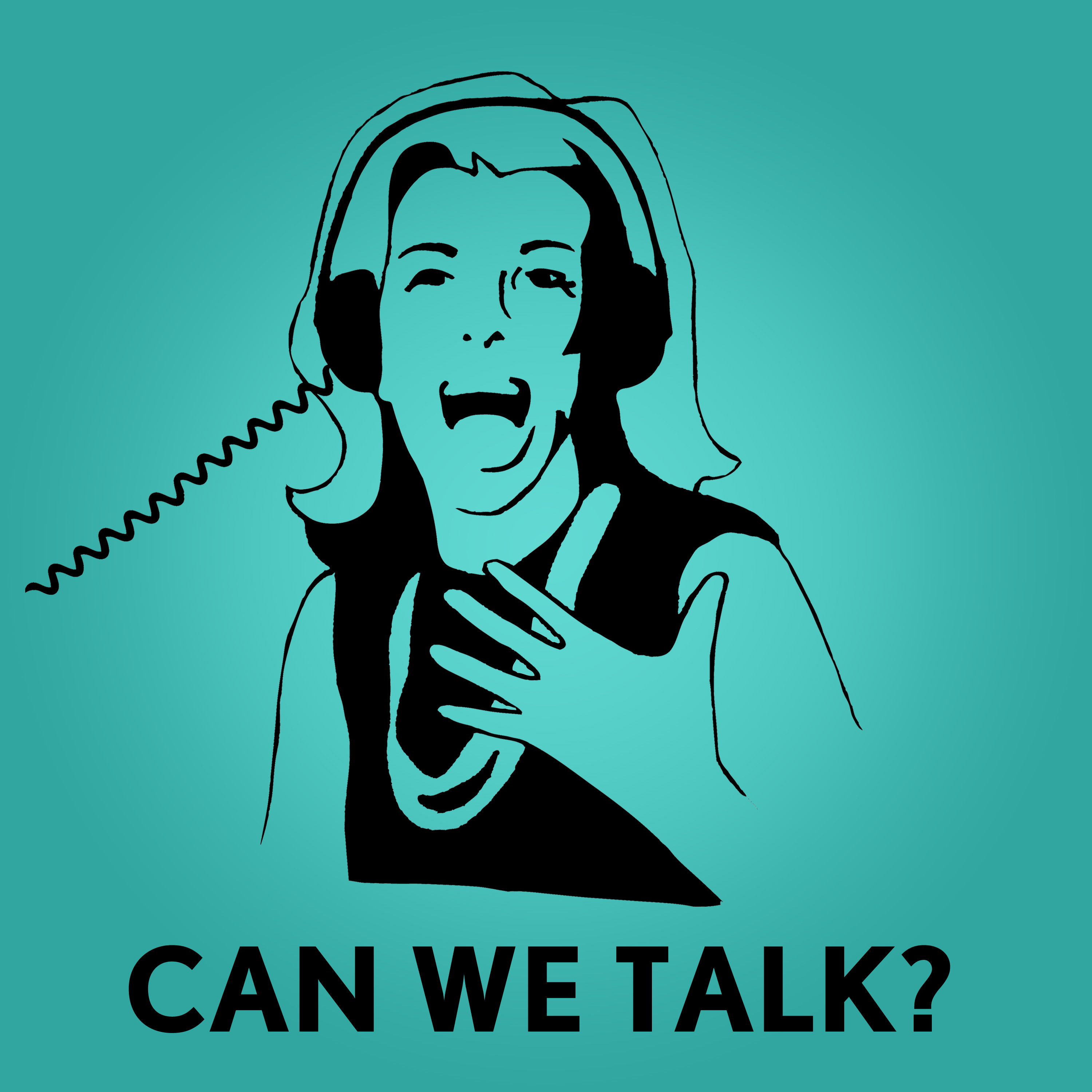
In each episode of Can We Talk?, JWA's podcast team brings you stories and conversations about Jewish women and the issues that shape our public and private lives. You can listen and subscribe on most podcast platforms, including:

In each episode of Can We Talk?, JWA's podcast team brings you stories and conversations about Jewish women and the issues that shape our public and private lives. You can listen and subscribe on most podcast platforms, including:
Jewish Women's Archive. "Can We Talk? The JWA Podcast." (Viewed on October 22, 2025) <https://qa.jwa.org/podcasts/canwetalk>.